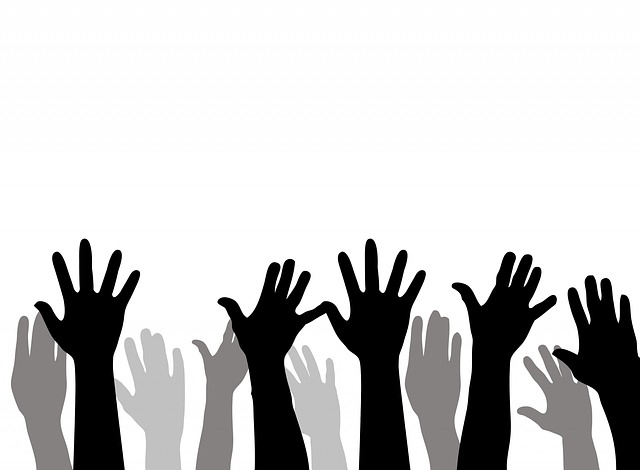"So Often Whites at Discussions Decide for Themselves What Will be Discussed"

After a full day of leading workshops on how to talk about race thoughtfully and deliberately that showed an overrepresentation of employees of color and an underrepresentation of white employees, Ijeoma Oluo shares her thoughts on how "so often the white attendees have decided for themselves what will be discussed, what they will hear, what they will learn."
"The participants of color tended to make eye contact with me and nod – I even heard a few 'Amens' – but were never the first to raise their hands with questions or comments. Meanwhile, there was always a white man eager to share his thoughts on race. In these sessions I typically rely on silent feedback from participants of color to make sure I am on the right track, while trying to moderate the loud centering of whiteness," Oluo explains.
In this piece, part of Antiracism and America, a collaboration between The Guardian and American University’s Antiracist Research and Policy Center on racial inequities in an attempt to move to an antiracist America, Oluo expresses her thoughts on anti-racism work and white supremacy.
Oluo states,
Just once I want to speak to a room of white people who know they are there because they are the problem. Who know they are there to begin the work of seeing where they have been complicit and harmful so that they can start doing better. Because white supremacy is their construct, a construct they have benefited from, and deconstructing white supremacy is their duty.
She then continues,
Myself and many of the attendees of color often leave these talks feeling tired and disheartened, but I still show up and speak. I show up in the hopes that maybe, possibly, this talk will be the one that finally breaks through, or will bring me a step closer to the one that will. I show up and speak for people of color who can’t speak freely, so that they might feel seen and heard. I speak because there are people of color in the room who need to hear that they shouldn’t have to carry the burden of racial oppression, while those who benefit from that same oppression expect anti-racism efforts to meet their needs first.
Image: Pixabay/Kaz
